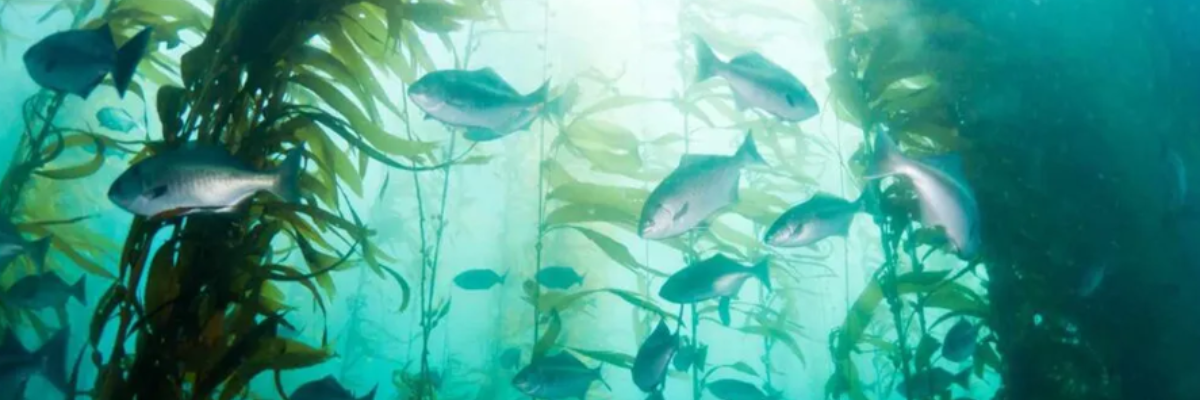Actions Against Plastic, Update
Visitors to the 32nd METSTRADE show this year have seen see more than ever, our commitment to supporting and encouraging environmental sustainability in our industry. As Platinum members of IFBSO (International Federation of Boat Show Organisers) METSTRADE has been actively involved in the #ReThink Plastic campaign, along with 36 of the world's leading boat shows, seeking to raise awareness of the plastic pollution problem, and its effect on our ocean environment.
Over the last few years we have highlighted a number of individual projects that are taking important strides towards tackling the 'scourge of the plastic', and last month we were off to the Barcelona Boat Show, another IFBSO member, to see what was going on there.
‘Barcelona Boat Show embarks on its most sustainable voyage yet.'
That was the show’s launch slogan this year, and indeed there was big focus on sustainability and environmental awareness for the care of the marine environment. There were several electric, hybrid and solar-powered boats, and seminars on marine waste management, and care of the oceans. Luis Conde the Show’s President, gave a very strongly worded speech at the press meeting, about the responsibility we all have to protect our oceans, and the future sustainability of our industry, which he backed up with lots of factual statistics about the extent of plastic pollution. So, it seems the message of the IFBSO #ReThink Plastic campaign is getting through and being transmitted.
A couple of exhibitors we spoke to at the show also showed a commitment to doing something positive about the plastic pollution in our oceans:
Sloppy Tunas a locally based start-up in Catalonia were displaying a very nice range of swimwear and travel shorts on their stand, all made from 100% recycled plastic. Oscar Bierge, their Operations Manager explained, “we collaborate with NGO'S and local fisherman which help recover the plastic from the ocean. In the past, fishermen were losing income because of plastic in their nets, and now we are able to pay them something for bringing the plastic ashore. “
“We then work in collaboration with Seaqual™ to ensure a controlled and traceable production process where the plastic is recycled, melted into pellets, and then turned into a high quality 100% recycled polyester yarn to make our hard wresting and attractive range of leisure clothing. So, for instance, one pair of shorts represents 7 recycled plastic bottles.”
GPA SEABOTS, another Catalonia based company exhibiting at the Barcelona Show, were looking forward to having a stand at METSTRADE for the first time this year. They have developed a number of unmanned and semi-autonomous floating research modules. Remote controlled devices that allow the gathering of valuable information in shallow waters or confined spaces, such as ports, rivers, reservoirs, and lakes. The creator of the range, Pau Gausch told us, “we are very much focusing on floating waste, microplastics, hydrocarbons, heavy metals and other marine pollutants as targets areas for our current and future projects.”
Another neat and very simple invention that Pau has developed, is a floating micro plastic collector device, which can be easily fixed in place underneath a conventional mooring buoy. The SB Buoy requires only the energy supplied by sea currents, and features a hydrodynamic design which allows it to constantly swivel, and to always face the tidal flow. It then acts as a filter, and the microplastics that enter buoy remain confined inside thanks to its patented dynamic filtration system. The filtration design is configured to trap particles in the range between 5 and 1 mm, which according to the most studies, is the size of micro plastic most commonly found near the surface of the water.
The system is fully scalable to capture different amounts of microplastics according to temporary needs. It can be installed within anchoring systems around coastal regions, or in harbours at different depths, or can be towed by boats.
Pau also pointed out, that the buoy is made from natural composite materials such as linen and bio resins using vacuum laminating technology. So, it is totally environmentally friendly product, with an annual production volume capability of more than 2500 units. This enables it to be offered at a relatively low price, and a number of them can be used in coastal or harbour mooring clusters in large quantities.
Share your stories on leisure marine industry with us
Do you have an innovation, research results or an other interesting topic you would like to share with the leisure marine equipment industry? The METSTRADE website and social media channels are a great platform to showcase your stories! Let us know via metstrade@rai.nl
Are you a METSTRADE exhibitor?
Make sure you add your latest press releases to your Company Profile in the Exhibitor Portal for free exposure.
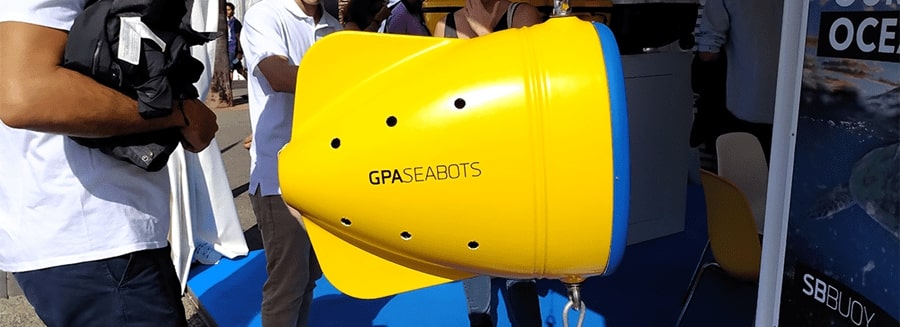
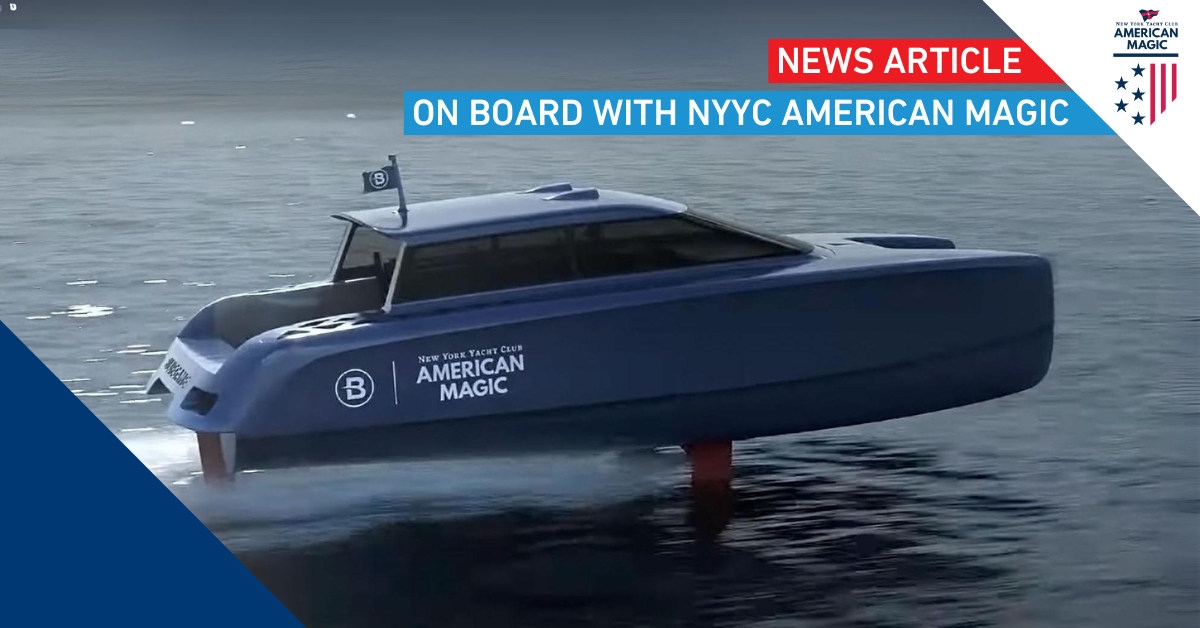
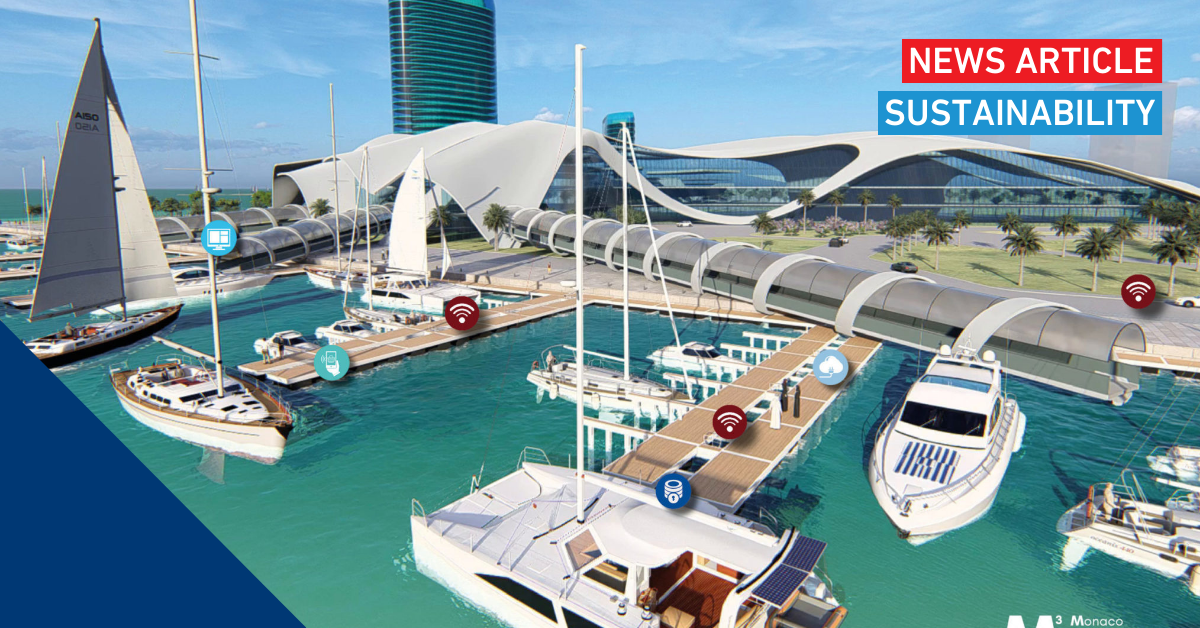
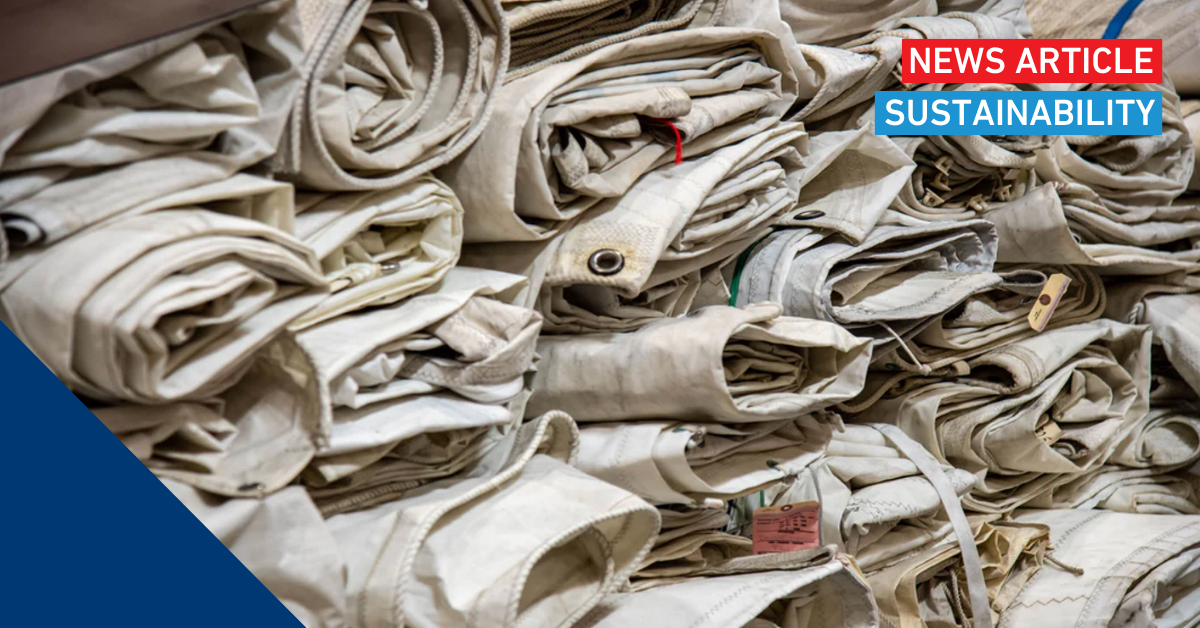
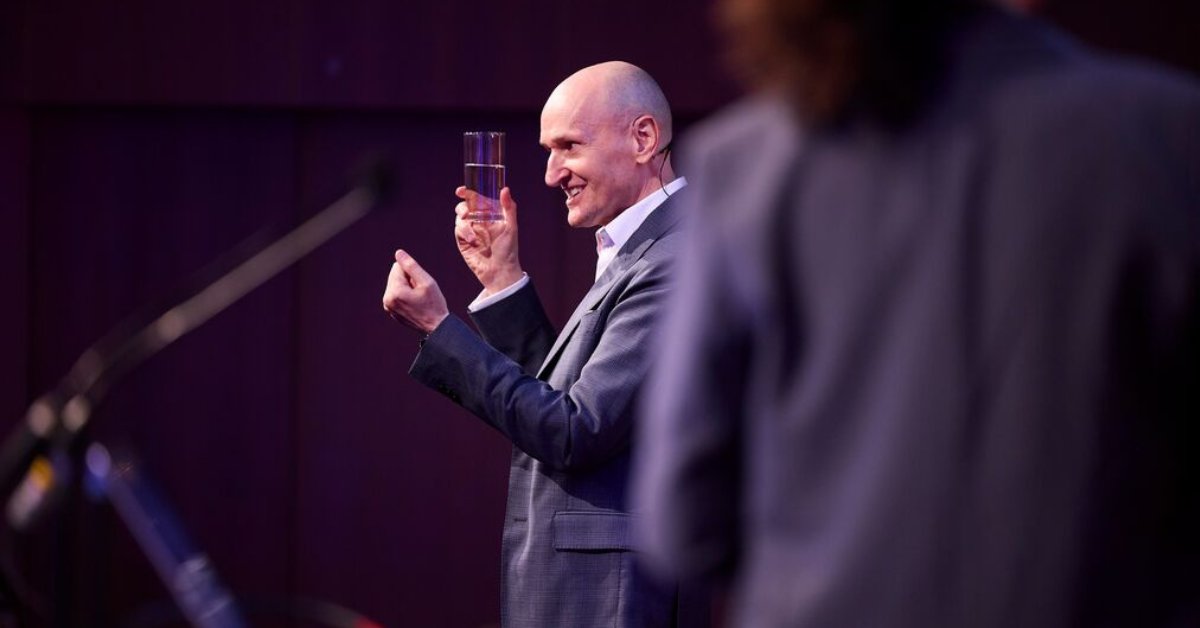
.jpg?h=400&iar=0&w=1200)
